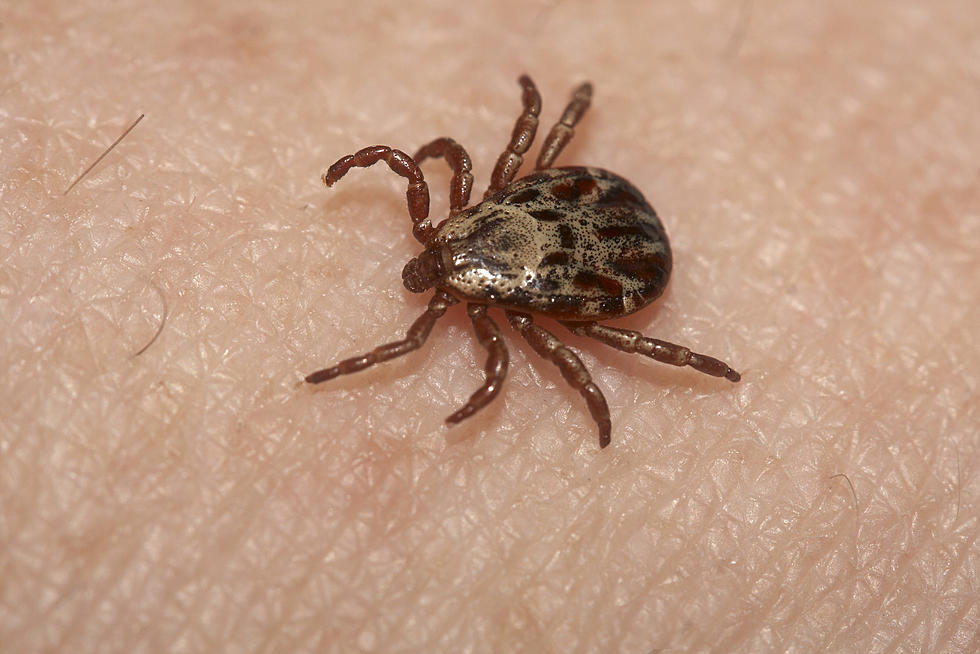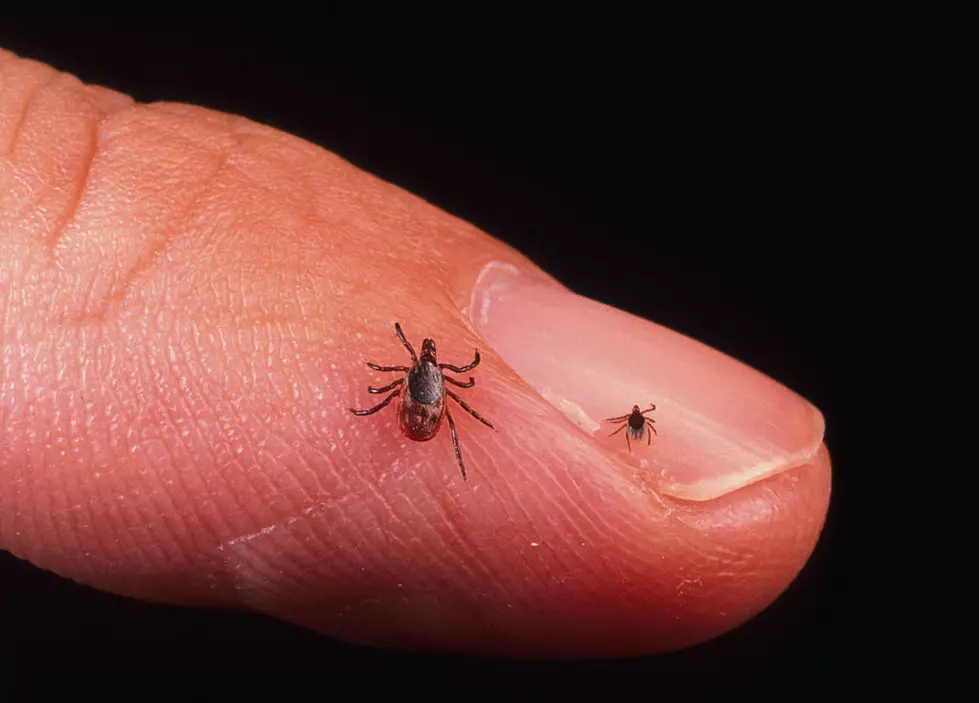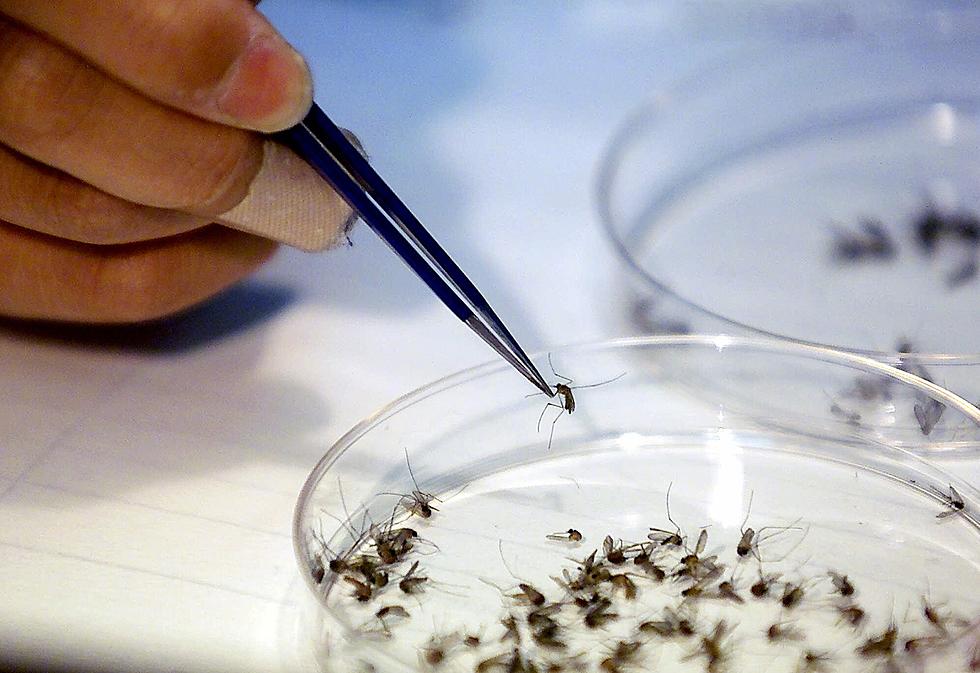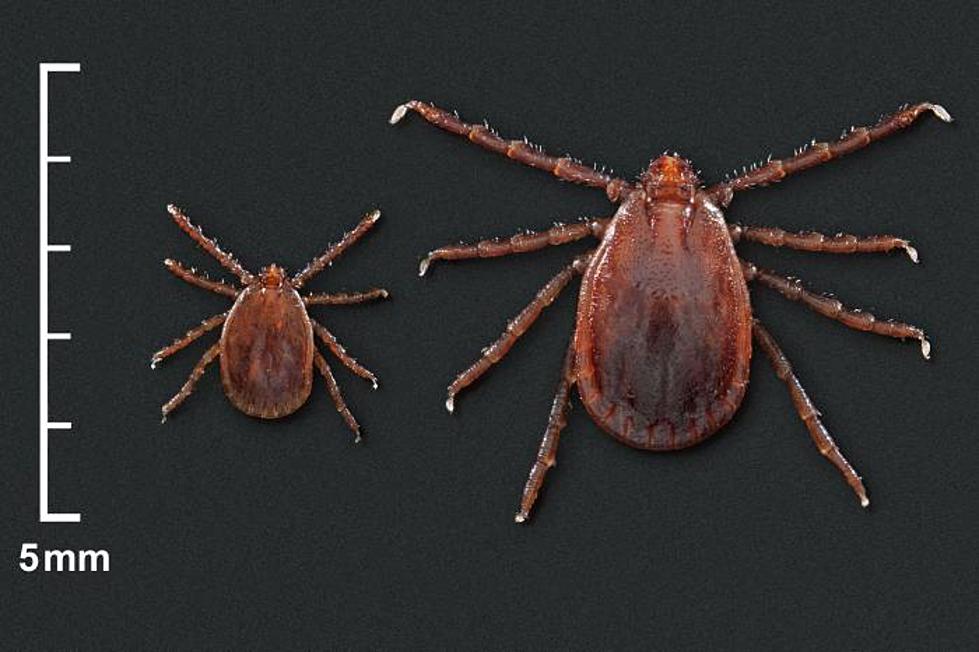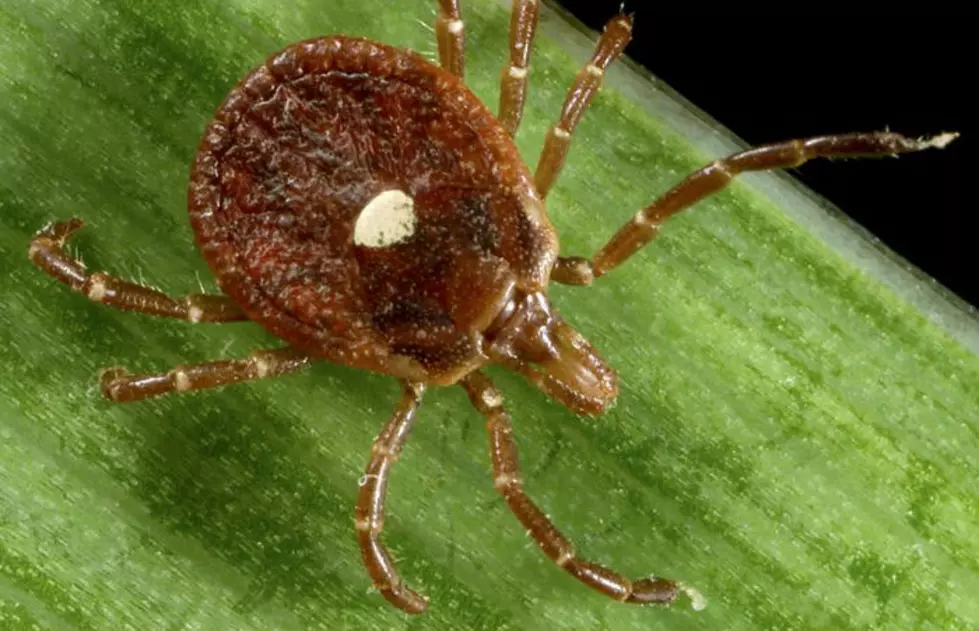
Emerging tick-borne virus not yet confirmed in NJ, but it’s likely here
Don't be surprised if New Jersey soon joins a list of states dealing with a tick-borne illness that's still not fully understood by scientists.
Believed to be the product of Lone Star ticks, which are prevalent across the Garden State, Heartland virus has been spotted in several states, including New York.
The tally of confirmed U.S. cases since 2009 was only in the dozens as of January 2021, according to the Centers for Disease Control and Prevention. But the virus isn't kind to those it infects — most experience fever, fatigue, nausea, diarrhea, and muscle or joint pain, among other symptoms, the CDC says. Many have been hospitalized, and a few individuals with co-morbidities did not survive the infection.
The Lone Star tick, described as a "very aggressive tick that bites humans" by the CDC, is very abundant in South Jersey, and has been spotted as far north in New Jersey as Sussex County, according to Dana Price, an associate research professor in the Center for Vector Biology at Rutgers. The adult female is distinguished by a white dot or "lone star" on her back.
"We can't yet say that we've found Heartland in New Jersey," Price said. "My hunch is that Heartland is more widespread than currently known. We just need to be looking in the right places," Price said.
Mid-March is typically the start of tick season "in earnest" in New Jersey, Price said. Researchers have been tracking the Lone Star tick for quite some time, and conduct routine pathogen testing on the species.
"Heartland virus doesn't appear to be a serious threat yet, but what this does is add another pathogen to the already diverse set carried by ticks in New Jersey and the Northeast," Price said.
Price said New Jersey residents should continue with the same tick-prevention steps they may have already been following — use tick repellent on skin and clothes, wear pants and long sleeves in tick habitats, and check for ticks after being outdoors.
Researchers at Emory University in Georgia recently confirmed active transmission of Heartland in the state. The study noted that Heartland was first identified in northwest Missouri in 2009 after two local men were hospitalized.
“Heartland is an emerging infectious disease that is not well understood,” said Gonzalo Vazquez-Prokopec, associate professor in Emory’s Department of Environmental Sciences and senior author of the study. “We’re trying to get ahead of this virus by learning everything that we can about it before it potentially becomes a bigger problem.”
Dino Flammia is a reporter for New Jersey 101.5. You can reach him at dino.flammia@townsquaremedia.com
Click here to contact an editor about feedback or a correction for this story.
2022 Seaside Heights Polar Bear Plunge photos
Best coffee places recommended in Central Jersey
More From New Jersey 101.5 FM
